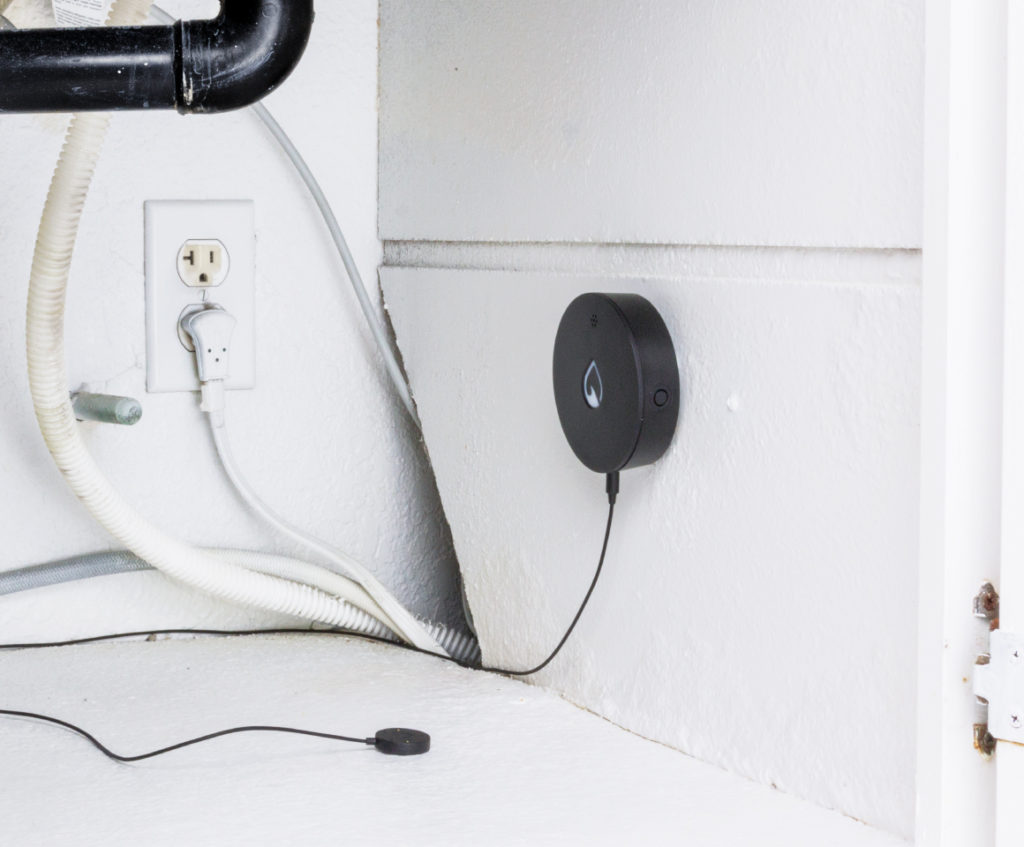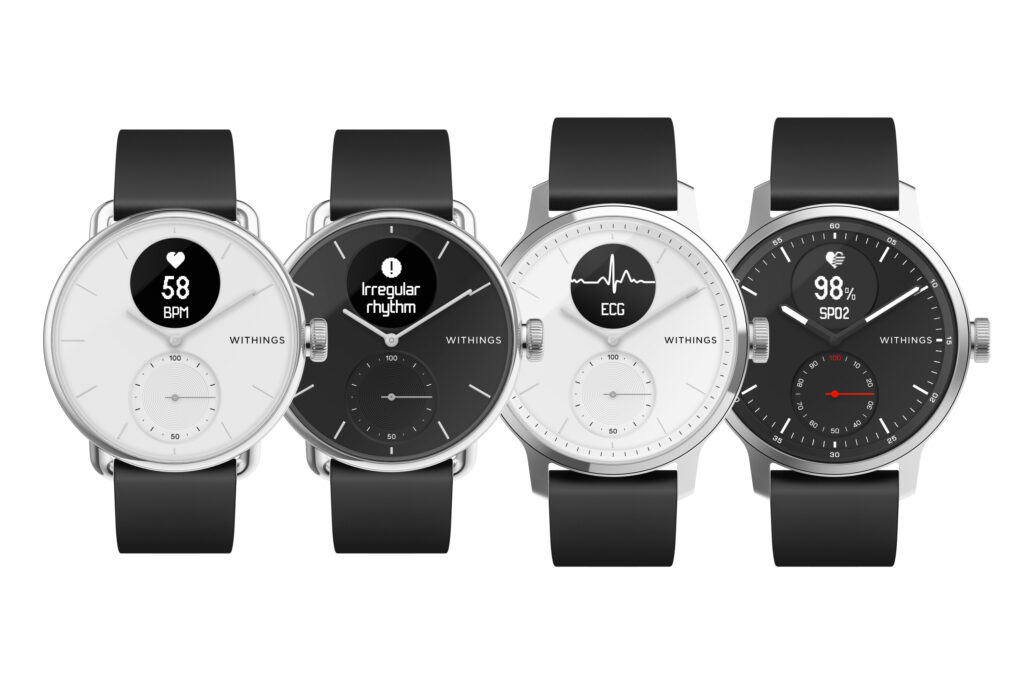This week’s show hits on two of the biggest stories of the year for the smart home: Project Connected Home over IP is now called Matter and Amazon’s Sidewalk Network adds Tile as a participant. We also discuss what it means for Zigbee after the Zigbee Alliance changed its name to the Connectivity Standards Alliance. The Colonial Pipeline ransomware also merits some attention. We then spend time on some news bits such as Amazon updating its Echo Show devices for the video calling era we seem to be in, Wyze’s new earbuds with noise-canceling technology, and the new Phyn leak detection sensors. We also discuss the FragAttack vulnerabilities and try to explain them. We conclude by answering a listener question about whether we’ll see Thread on phones anytime soon.

Our guest this week delves even deeper into the Matter protocol. Kevin Po, a senior product manager at Google, is involved in the Matter working group. Po explains the multi-admin feature that will let consumers swap ecosystems with ease if they have Matter-certified devices, and lets me pester him with specific questions for those who might have multiple ecosystems in one home, or those that might want to use different smartphones. He also lays out some of the security features and explains where he thinks device makers should try to differentiate themselves as the Matter standard develops. He also foreshadows some Google-related Matter news at Google I/O next week, so we should probably pay attention.
Hosts: Stacey Higginbotham and Kevin Tofel
Guest: Kevin Po, a senior product manager at Google
Sponsor: Very
- Project CHIP becomes Matter and the Zigbee Alliance becomes the Connectivity Standards Alliance
- Why the Colonial Pipeline really shut down
- Amazon’s Sidewalk network is better than Apple’s Airtags at one thing
- Will Matter let me have Alexa and Google in my home?
- Is Matter an attempt for the big three tech firms to dominate the smart home?
Podcast: Play in new window | Download | Embed
Subscribe: RSS


